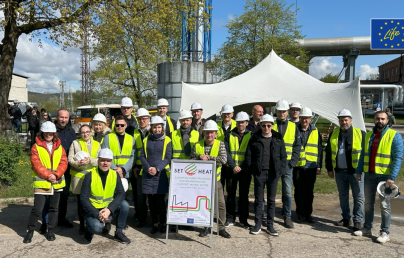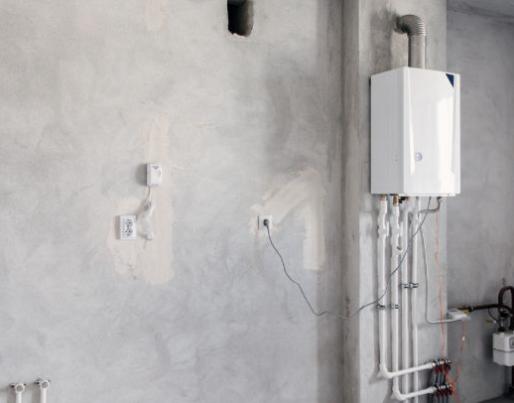
Fossil fuel boilers are about to become a technology of the past

Fossil fuel boilers are about to become a technology of the past
REPowerEU and the EPBD are setting the deadline for the use of fossil fuel boilers, even though they still represent the vast majority of heating systems. There is a urge to make the change towards more efficient and renewable systems to respond decarbonisation targets and increased energy independence.
Soon, fossil fuel boilers could be consigned to history. First, as part of REPowerEU, the Commission suggested that new fossil heating appliances would be off the market as of 2029. In addition, the draft Energy Performance of Buildings Directive (EPBD) sets 2035 as the final year for fossil fuel heating to be allowed at all. If confirmed, the EU might be on the brink of clearing one of the largest hurdles to the Paris Agreement goals.
Today, most buildings in the EU still use oil or gas for heating. But the days of fossil fuel heating might be numbered.
In two separate initiatives, the EU is about to sign an out-of-the-market sentence for them. On the one hand, the REPowerEU plans to achieve energy independence from Russia aim to boost energy savings and mark 2029 as the last year when a new fossil fuel boiler can be retailed on the EU market.
In practice, this ban could be made effective by ecodesign policies. Ecodesign establishes minimum performance requirements for water and space heaters, including energy efficiency. Since gas and oil boilers are less efficient than heat pumps and other renewable-sourced alternatives, the Commission’s suggestion would mean raising the efficiency bar, and effectively outlawing fossil fuels as a result.
On the other hand, the next EPBD, currently under negotiation at the European Parliament and EU national governments, could go one step further and set 2035 as the absolute deadline to stop the use of fossil fuel heating in buildings. Both new and old boilers would need to be uninstalled by then, and replaced with clean alternatives such as renewable-source heat pumps or district heating.
For new and renovated buildings, the end of fossil heating could be even closer – perhaps as soon as 2025.
Such game-changing recommendations are included in a draft report submitted on 6 June by Green MEP Ciarán Cuffe, the lead negotiator for the EPBD in the Parliament, to the chamber’s Committee on Industry, Research and Energy (ITRE), leading on this file.
Read the full article here.

